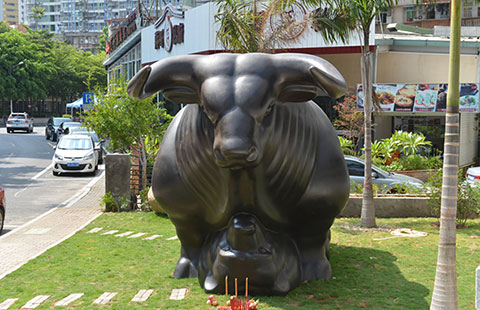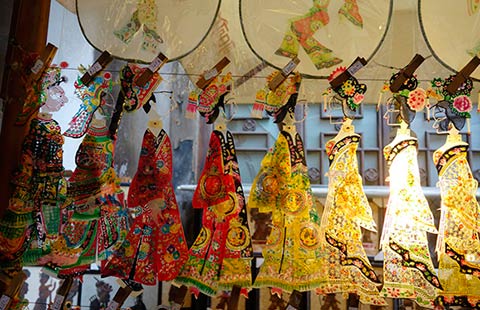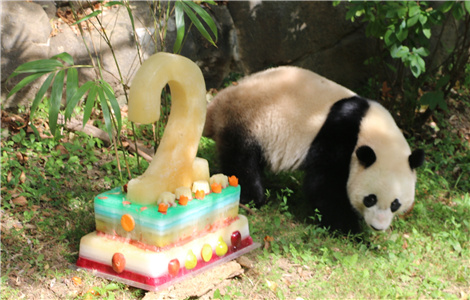Acquiring other tastes
Updated: 2015-08-25 07:24
By Liu Zhihua(China Daily)
|
|||||||||
 |
|
Darjeeling Black Tea Room has an assortment of black teas from around the world, and often holds tea tasting events. [Photo provided to China Daily] |
Cao says he has loved drinking Chinese tea since childhood, but Chinese black tea needs careful attention to detail while preparing: the water and heating duration can subtly affect the flavor.
Lankan black teas, however, don't require long preparation or complicated techniques. They have distinct aromas and flavors, and loose tea produces a tastier cup than a tea bag, Cao says.
"It will look as if I don't work hard if I drink Chinese black tea made with a complete suite of tea set in office. And even if I was daring enough, I don't have the time," Cao says.
Drinking the tea and having some delicious snacks in the afternoon will refresh him instantly, he says.
Besides, Lankan tea is much less expensive than premium Chinese black tea, noting that he spends less than 200 yuan for a bag of 100 grams.
Xiao Juan, whose company Dongli Tea has imported black tea from India since 2005, observes that the popularity of Indian and Lankan teas in China is also associated with their worldwide recognition.
"China is the country of tea, but that doesn't necessarily mean we don't need tea from other countries," Xiao says.
There are four most famous black-tea varieties in the world, and three are grown in India and Sri Lanka-Assam, Darjeeling and Ceylon "high-grows". Kenya and South Africa also produce good tea.

 Bull crushes bear in stock market statue
Bull crushes bear in stock market statue
 Top 10 emerging cities on the Chinese mainland
Top 10 emerging cities on the Chinese mainland
 Jamaican Fraser-Pryce again becomes world champion
Jamaican Fraser-Pryce again becomes world champion
 Glowing in the night
Glowing in the night
 Mechanical horse dragon Long Ma performs in France
Mechanical horse dragon Long Ma performs in France
 Giant panda Bao Bao celebrates two-year birthday
Giant panda Bao Bao celebrates two-year birthday
 Across America over the week (Aug 14 - Aug 20)
Across America over the week (Aug 14 - Aug 20)
 Stars in their eyes: leaders in love
Stars in their eyes: leaders in love
Most Viewed
Editor's Picks

|

|

|

|

|

|
Today's Top News
China share plunge smacks world markets
30 heads of state to attend China's Victory Day celebrations
ROK, DPRK agree to defuse tension
Tsinghua University crowned 'wealthiest' Chinese school
China equities collapse sparks global markets sell-off
Targets set for regional integration
China advocates practical cooperation between LatAm, East Asia
Giant panda gives birth at Washington's National Zoo
US Weekly

|

|







